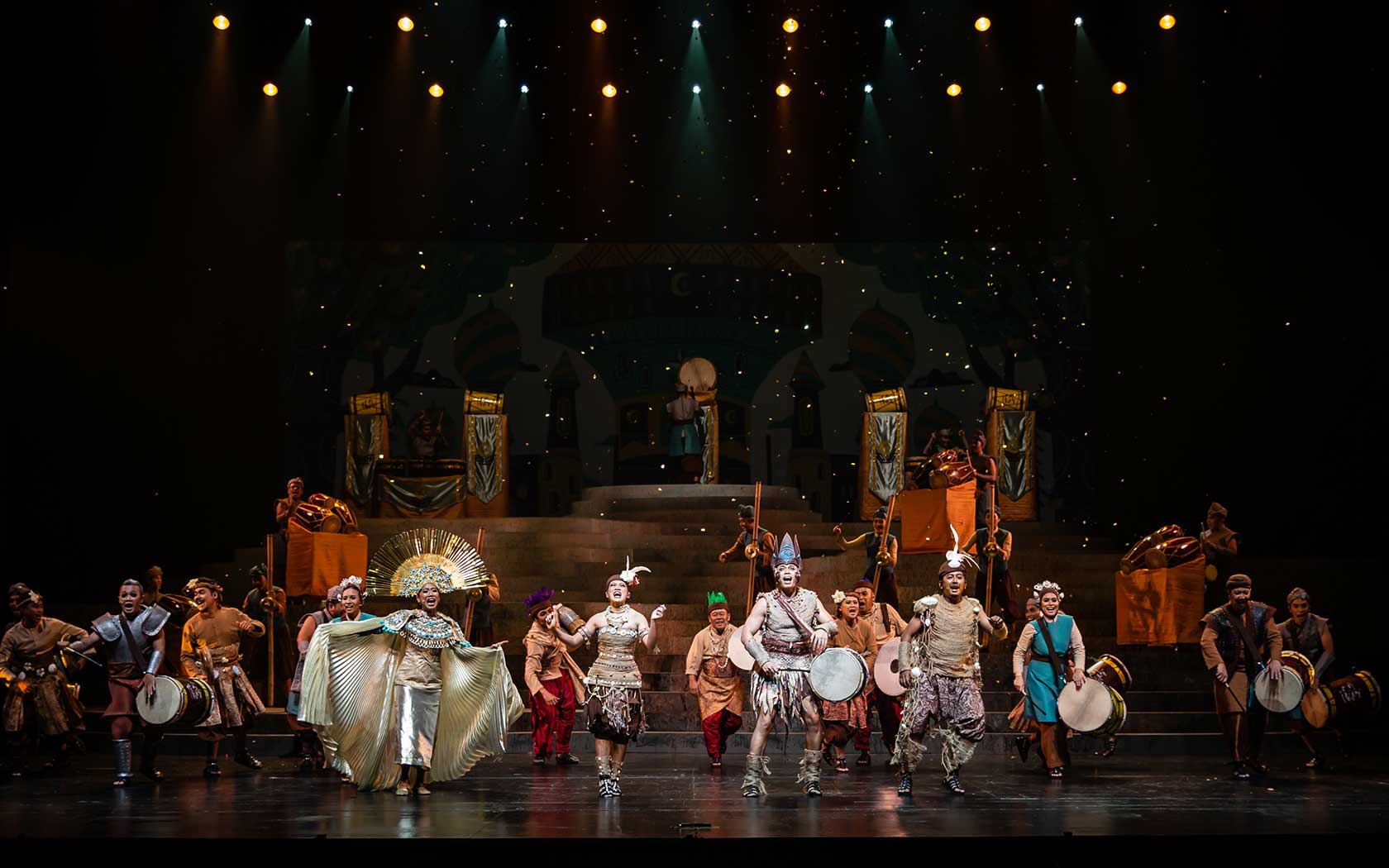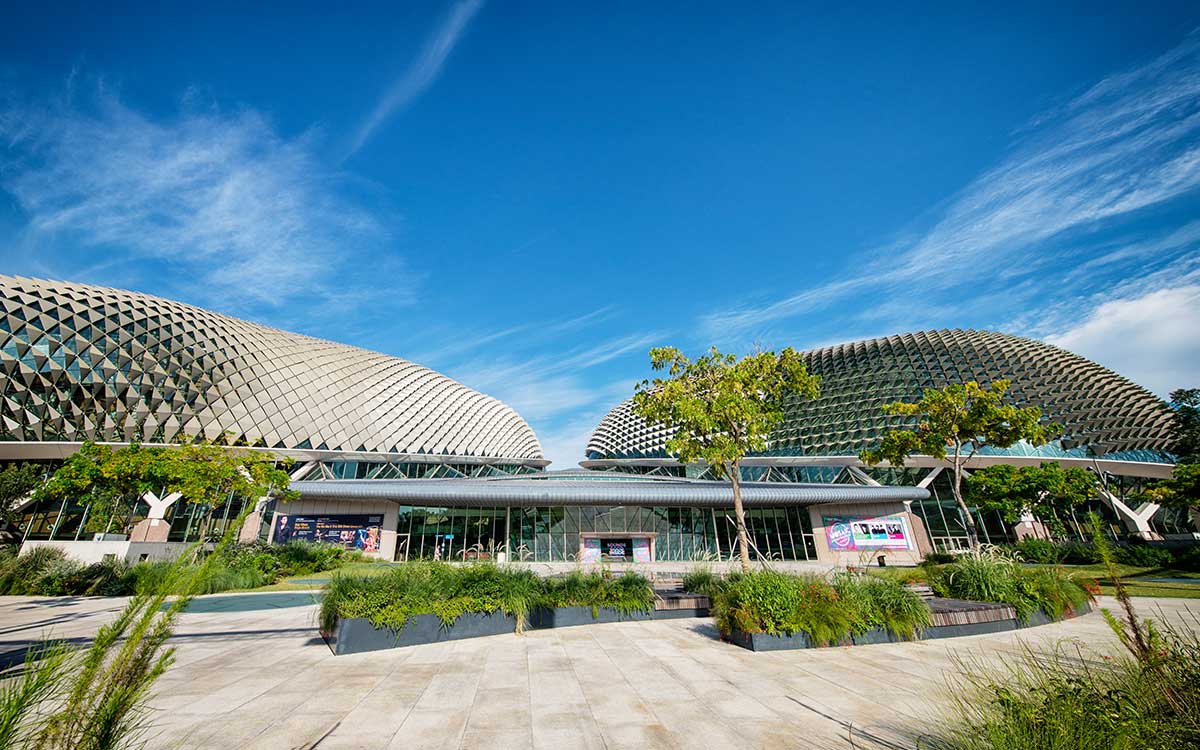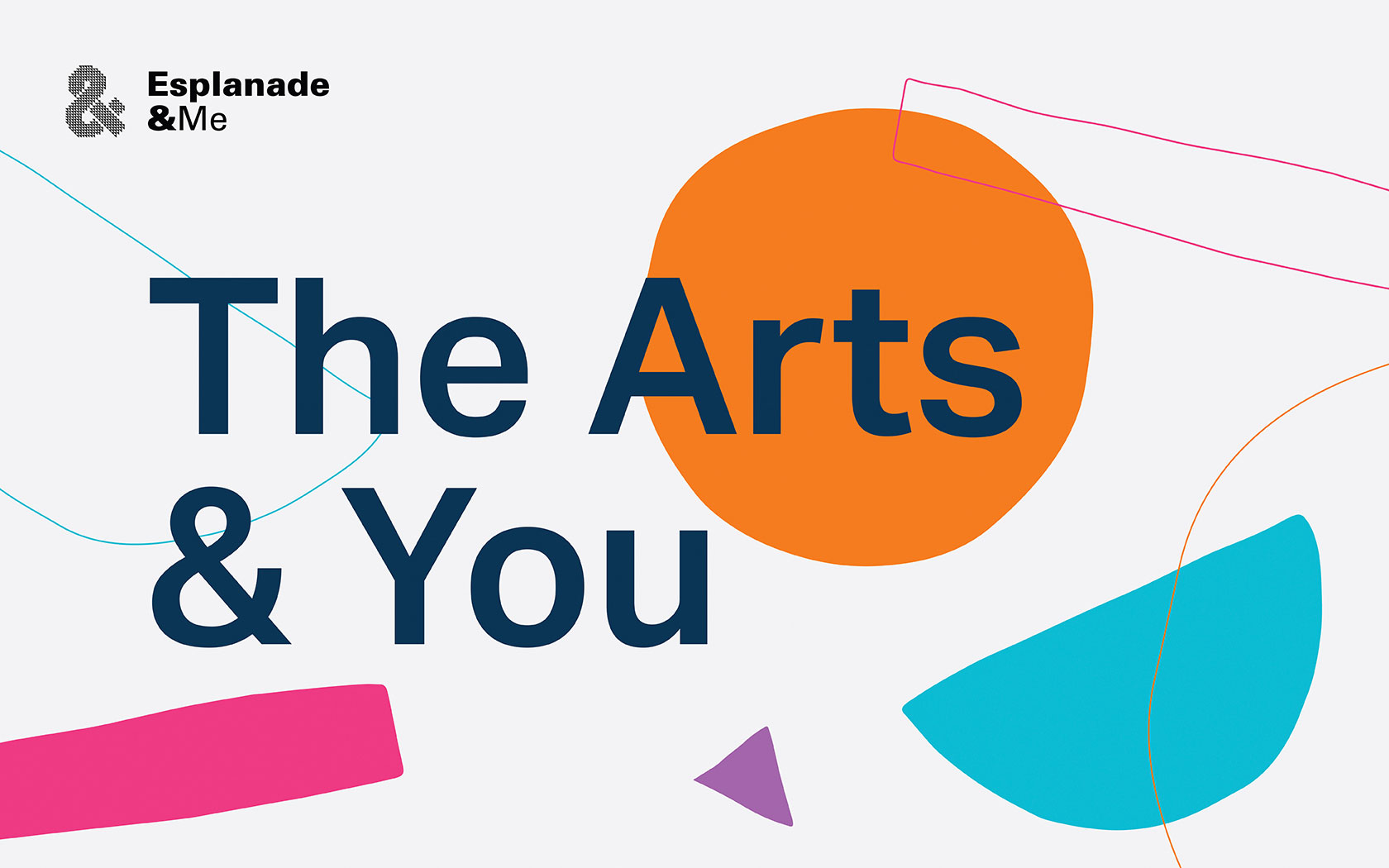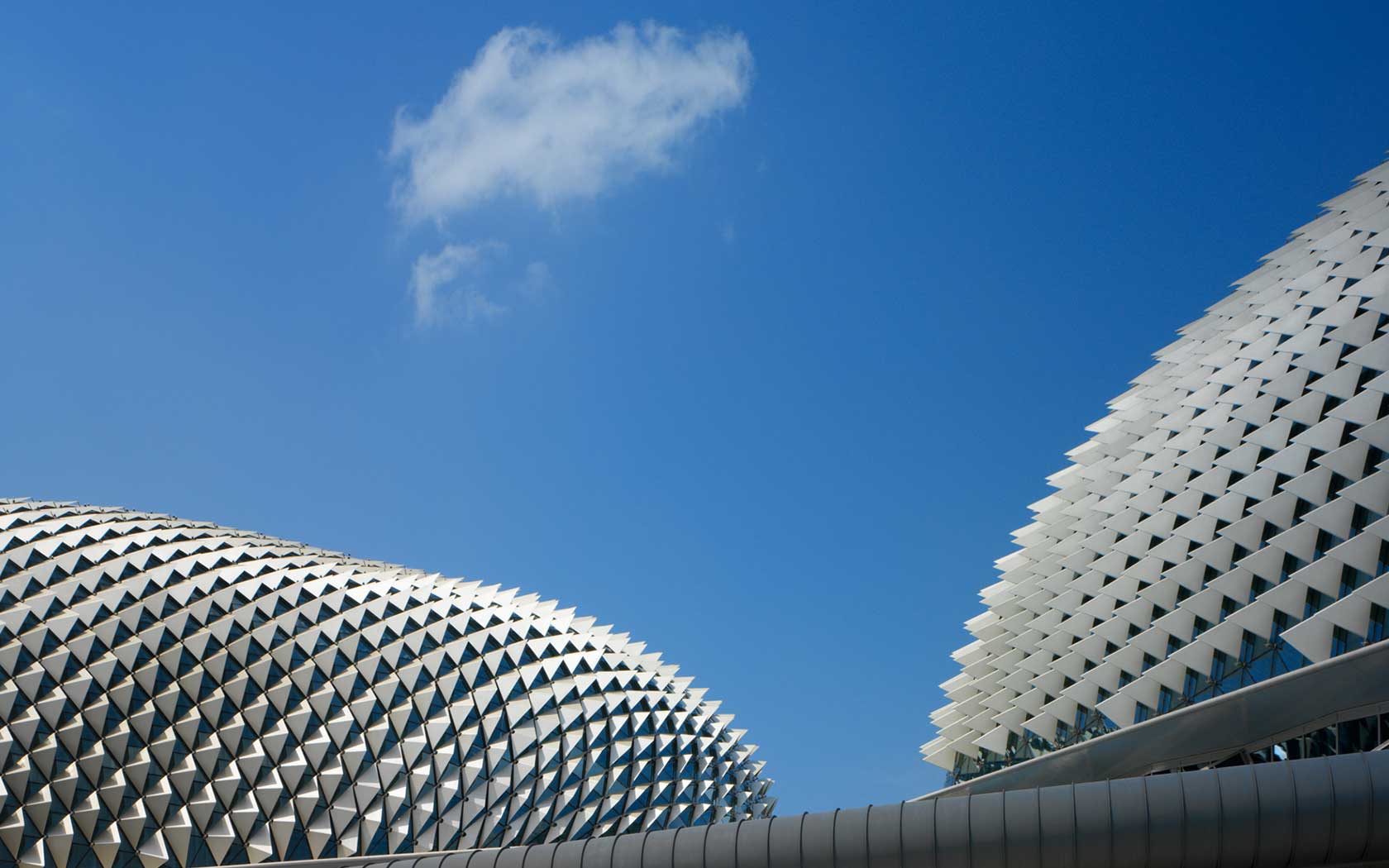We use cookies to improve your experience on our site. To find out more, read our data protection and cookie policy. By using our site, you agree to our use of cookies. Close to continue browsing.
Find what you're looking for.
Residents of 2024
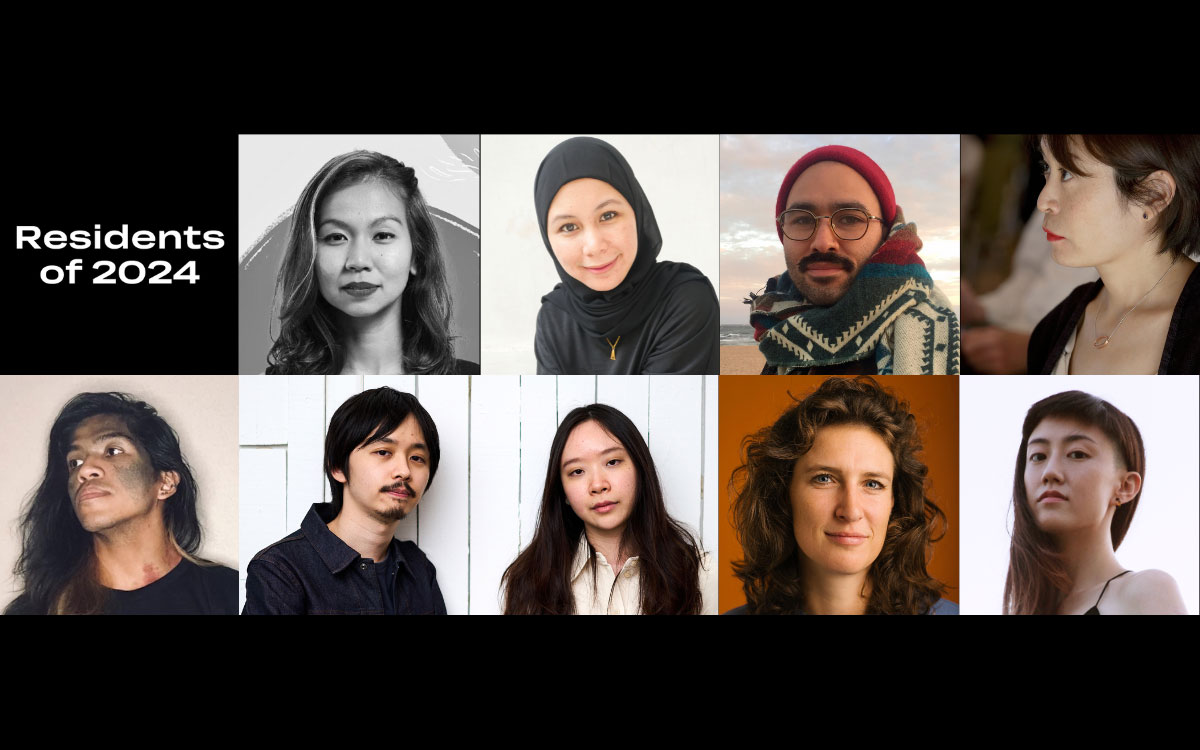
Following rigorous review and deliberations by the Selection Panel, we are pleased to announce three independent practitioners and three duos as Residents from April – June 2024 within the thematic focus of Decentring Access. Get to know the residents of 2024 and their research, traversing disciplinary boundaries, challenging existing systems, and aiming to collectively expand artistic inquiry, experimentation and discourse for the future.
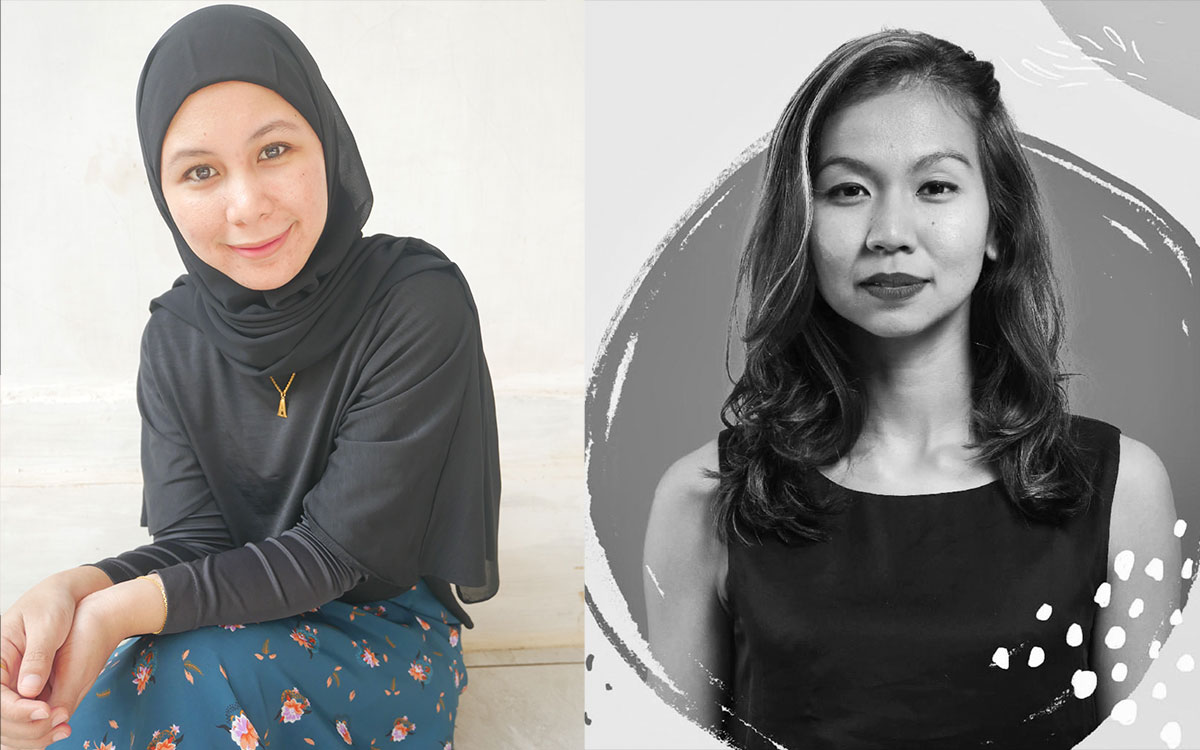
Over the course of the residency, Ayu Permata Sari and Hasyimah Harith will embark on an exploration that involves contemplation and analysis of the activities, forms, rituals, meanings and myths associated with batu lesung. This traditional mortar, typically located within kitchens, is integral to cooking, particularly within the context of Malay culture. It holds profound significance for Ayu as a Lampung native and Hasyimah as a Malay mother residing in Singapore. Their inquiry will entail both intimate and distant examinations of the batu lesung, intertwining it with their own bodies and experiences as a woman.
For Ayu and Hasyimah, the batu lesung is a symbol encapsulating the intersections of sexuality and gender within Malay society, encompassing both Lampung and Singapore. This endeavour additionally serves as a means to critically evaluate the role assigned to women within the domain of the kitchen. Beyond its physicality, the kitchen extends into an abstract realm to explore taste, banquet, ethics, perspectives and women's bodies in Malay culture.
Ayu Permata Sari is a choreographer and dancer from North Lampung, Indonesia. She founded Ayu Permata Dance Project as a platform to encourage herself and her collaborators in developing their practice. Since 2020, Ayu has focused on reading and reinterpreting the position of women and men in the Lampung Pepadun tribe—an ethnic group native to Sumatra, to which Ayu belongs. This process is her way of criticising the traditional values of the Lampung Pepadun tribe today. In 2019, Ayu presented TubuhDang TubuhDut at Spielart Theater Festival, Germany. Her latest work Load? premiered at Zürcher Theater Spektakel in 2021.
Hasyimah Harith is a Malay-Muslim female artist from Singapore that performs, choreographs and teaches Malay folk dance. Using her body as the starting point, Hasyimah works with Malay traditions and eroticism as a way to reclaim agency over her body. Her working methods involve strategies of boosting libido such as fantasy and intimacy. Her works hope to confront and overcome the conditioned shame and grief that is often attached to female eroticism. Hasyimah leads as Company Manager of P7:1SMA, a dance company which believes that dance is a strategy, and being Malay is a concept. She is an Associate of Dance Nucleus, a choreographic centre for independent artists and the creative development of contemporary performance.
Ayu & Hasyimah's residency is co-hosted in collaboration with Dance Nucleus.
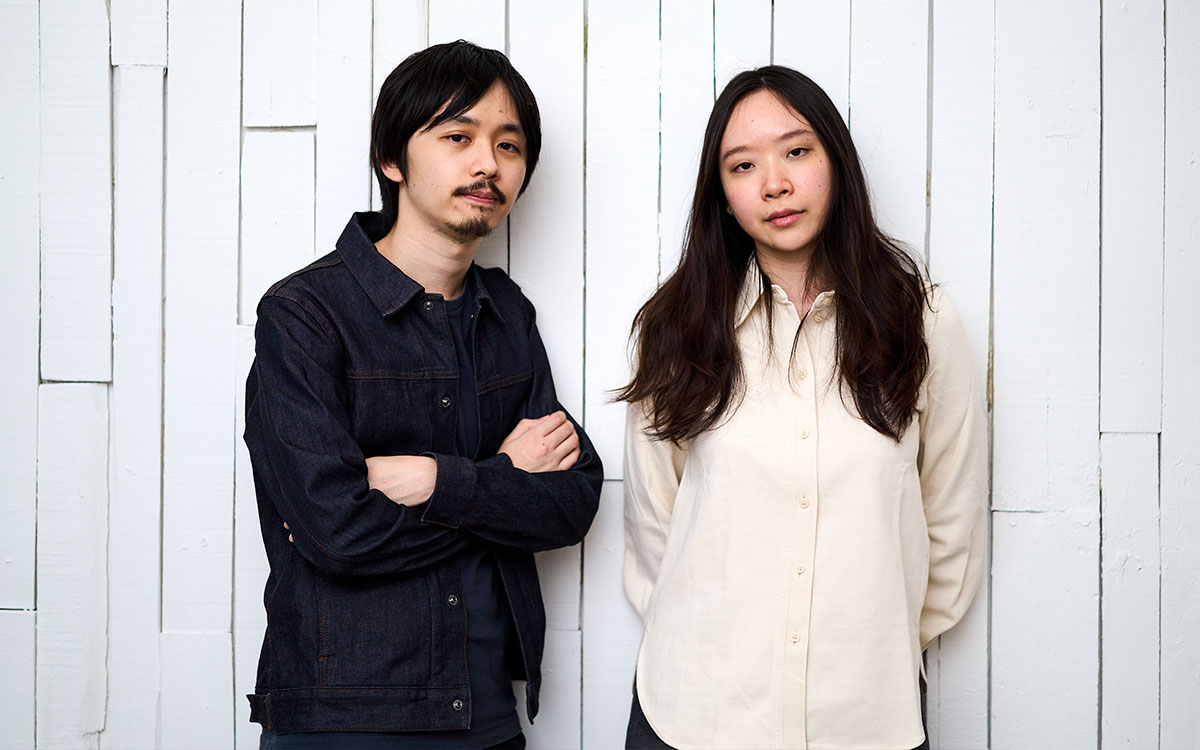
During the residency, Mark Chua and Lam Li Shuen intend to concentrate on participatory modes of expanded cinema performances that utilise live improvisation of image and sound with 16mm and Super 8mm film projectors and soundscapes. Their approach envisions an audio-visual performativity where the audience becomes a collaborator in creating performed moving image, and the centrality of the performer is removed to unfold a dynamic of multiplicities through collective action of image and sound creation.
This exploration seeks to activate events of collective actions and knowledge circulation by playing across the boundary of conventional image consumption and exploring the pluralities latent in moving images as a performing art. Through this, Chua and Lam endeavour to pave the way for the physical activation of new ways of seeing as well as fostering active thinking together through difference, diversity and being.
Mark Chua and Lam Li Shuen are a Singaporean filmmaker and artist duo. Working between image and sound, their works often employs absurdist imagery, thinking on place, histories, and the peculiarity of human desire. Their films have screened at international film festivals including the International Film Festival Rotterdam (2023), New Directors/New Films (2023) and BFI London Film Festival (2021). Their short film The Cup received the First Prize (Moving Images) in the Julius Baer Next Generation Art Prize of 2021. They have presented sound work and audiovisual performances at the Kunstraum Walcheturm, ArtScience Museum and National Museum of Singapore. They have also released multiple albums as the art rock duo ARE.
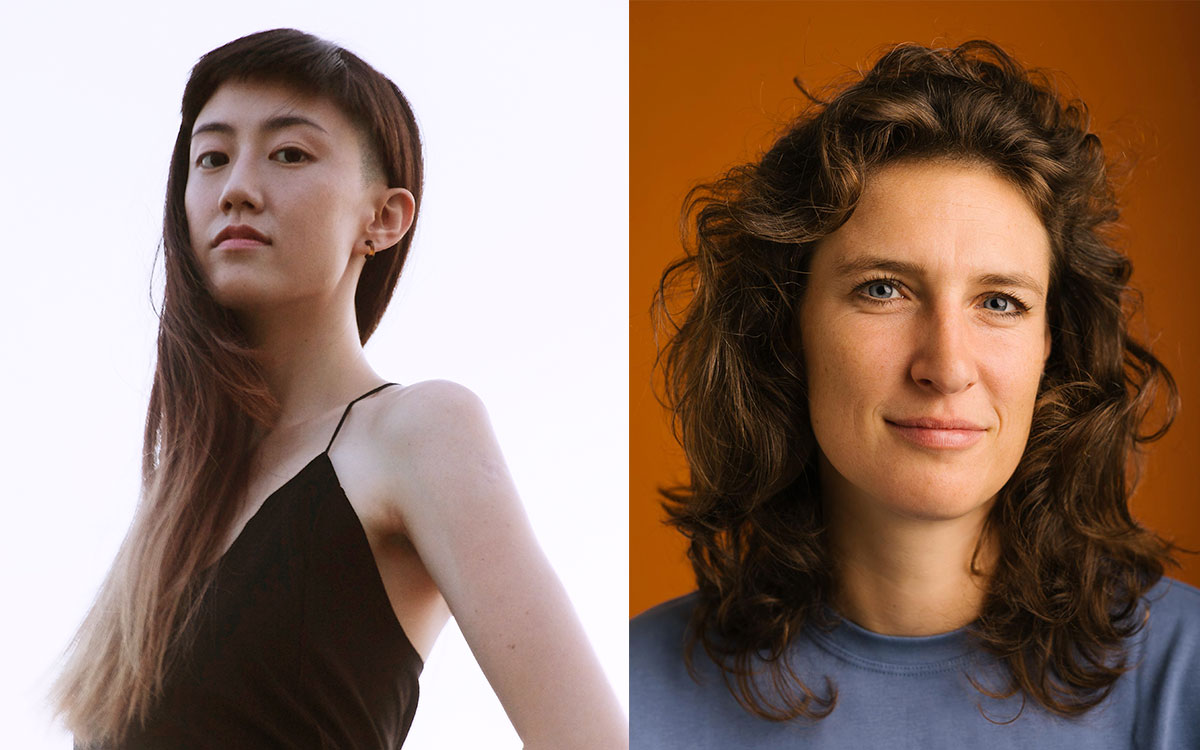
Initiated by Suhui Hee and Marjet Zwaans, SAND AS SCORE/POLDERING encompasses a series of co-devised improvisational scoring experiments centred around sand as the primary medium. Unfolding during the residency, this project challenges and redefines the confines of the score, allowing for interventions and contributions from involved participants.
For this collaborative exploration, Hee, Zwaans, and their co-experimenters collectively engage in negotiation and reconfiguration of the locus of authority. In allowing a no-longer-living material, namely sand, as a guiding and shaping element within the artwork, rehearsal process and performance, participants will draw from its ecological history and particulate nature of its composition to traverse scales from micro to macro. This residency's research builds upon Hee and Zwaans’s prior collaboration for If Forests Talk. The time in residence provides them the opportunity to deepen their collaboration by simultaneously being physically present in Singapore, taking their artistic synergy to a new level.
Suhui Hee is a multidisciplinary artist, composer and electronic musician working with sound, performance and experimental scoring. Her recent research interests delve into inhumanisms and the body as ecosphere. Her music under the moniker Anise constitutes an entropic, cinematic blend of harsh glitchy beats cutting through delicate and shimmering vocals, field recordings as well as chamber music to blend the grotesque and beautiful. Her new cross-disciplinary work nonbreakingspace made its debut at the Singapore International Festival of the Arts (2022). She has shown solo and collaborative work at Singapore Art Week (2022), Jamming Space - Cake Theatre (2022) and National Gallery Singapore (2023).
Artist Marjet Zwaans is based between Amsterdam, Netherlands, and Pikin Slee, Suriname. She organises her work from the ideas of Ecological Economics. This approach prioritises sustainable scale and redistribution of resources, over productivity and efficiency. Her ideas often culminate into spatial installations, vocal performances and gatherings. Her ongoing series in collaboration with musicians Correspondence for Choir has been presented at various spaces, including Framer Framed (2023), Ja Ja Ja Nee Nee Nee radio (2023), Villa Mondriaan (2023), Marres (2022) and Jan van Eyck Academie (2020). Marjet is also active within artist collectives Collectief Un Prati a Patu (CUPP) and Totomboti.
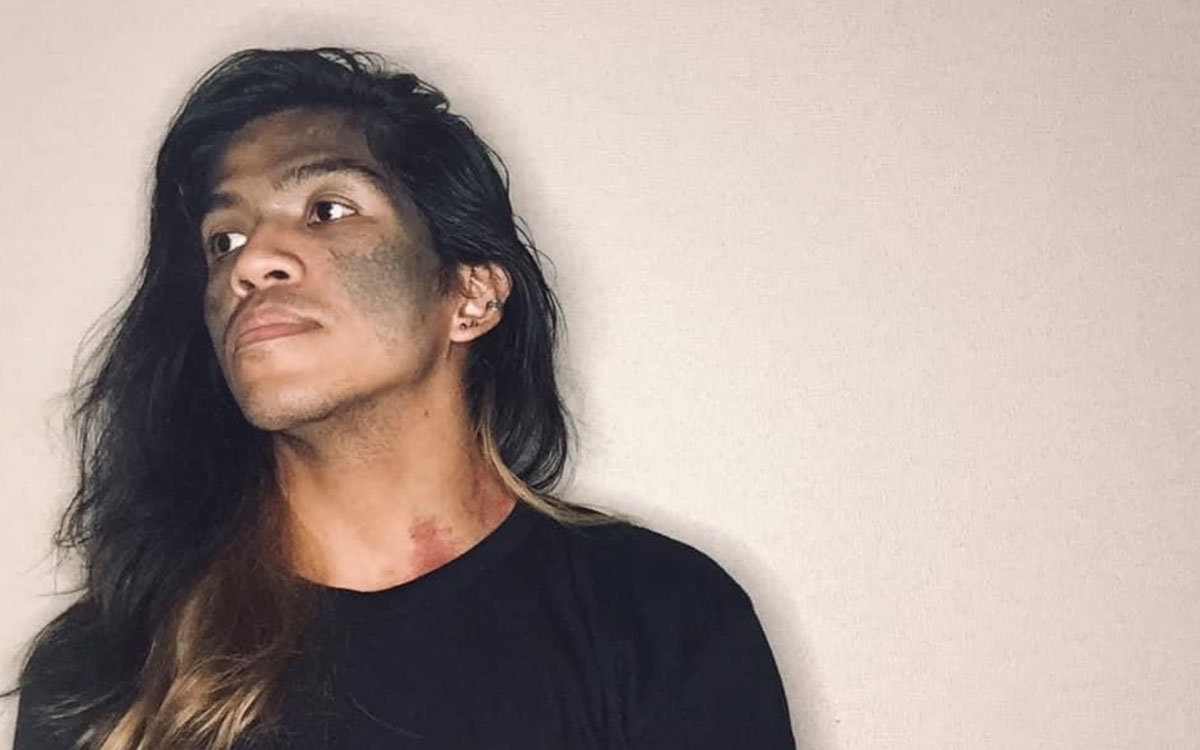
Jared Jonathan Luna's residency project is an expansion of TikTok Ethnochoreology that began during the Covid-19 pandemic. This ongoing endeavour is a collection of creations about dancing in social media. During the residency, Luna aims to delve into the concept of dancing as a pivotal tool for cultivating a sense of place, both within virtual and physical domains.
Their primary focus in TikTok Ethnochoreology lies in examining the trajectory of dance knowledge and vocabularies, predominantly derived from African American culture, as they traverse the landscapes of virtual and physical spheres through dance videos, dancing in private versus public spaces, as well as the instructive nature of emoji tutorials.
Luna adopts a multifaceted approach to the project, incorporating performance art, ethnochoreology, and urban anthropology as complementary lenses for investigation. Through this comprehensive methodology, TikTok Ethnochoreology seeks to shed light on the intricate intersections between movement, culture, and the spaces in which they manifest.
Jared Jonathan Luna is a dance artist, dramaturg and aspiring memelord interested in vernacular movement systems, street dance, urban spaces and the Philippine diaspora. Within their movement-based works, Luna explores the role that the body and its movements play in the process of creating meaning by utilising a rich array of movement vocabularies derived from street dance and contemporary dance. As a dancer and a performance maker, Luna has shown their solo works on prominent stages, including the WIfIbody Choreographers Competition (2018), Hong Kong International Choreography Festival (2019) and Indonesian Dance Festival (2022). Additionally, Luna has been involved in collaborative performances for Tokyo Festival (2019) and Asia Triennial of Performing Arts (2020).
Jared’s residency is co-hosted in collaboration with Dance Nucleus.
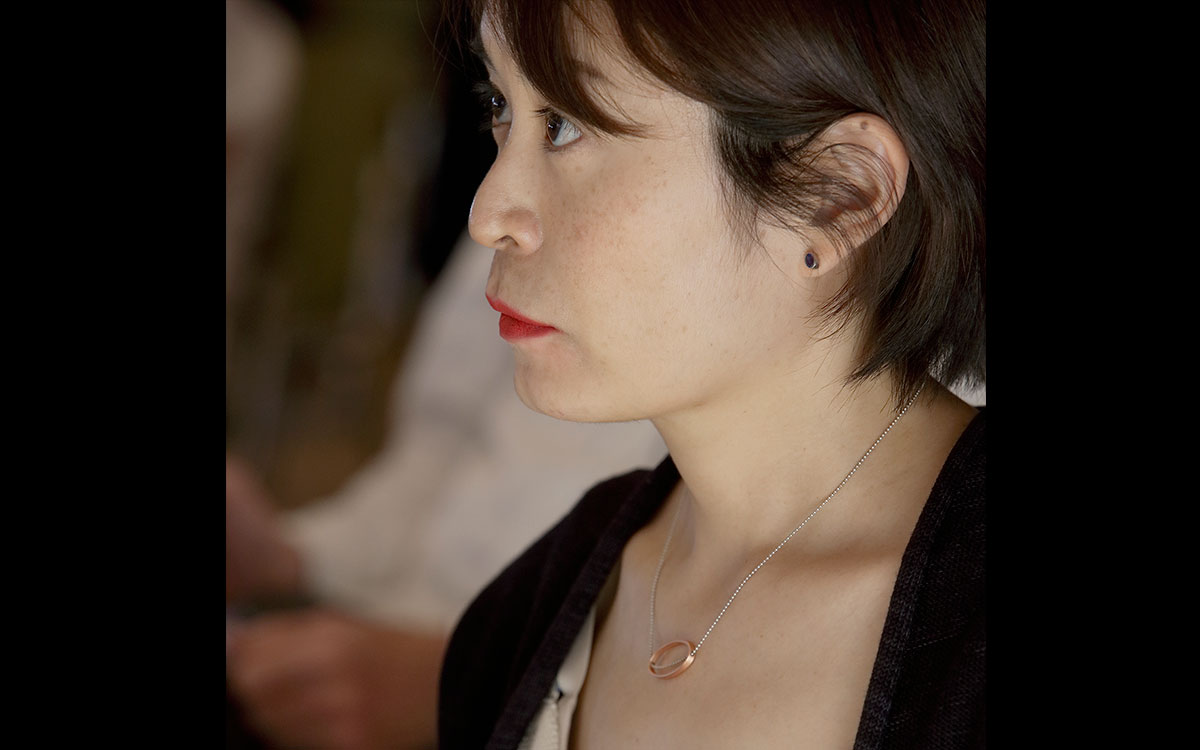
During her residency, Nanako Nakajima will be developing a writing project centred on the dance dramaturgy of ageing. This project involves an examination of her experiences in dramaturging creative and performance projects involving ageing dancers from various countries, including Japan, China, Taiwan, Thailand, the US and Germany. The culmination of this research will form a section of a monograph that she plans to write during her residency.
The topic of ageing is significant today's rapidly ageing societies, such as Singapore and Japan. It is important to note that the topic of ageing has been a taboo subject in Euro-American concert dance, as it challenges established notions surrounding the dancing body. Moreover, ageing beauty has never been present in Euro-American concert dance history.
Nakajima's work aims to empower excluded dancers’ bodies, promoting a dance dramaturgy of ageing that introduces alternative aesthetics that originate in Asia. This approach aims to illuminate the dramaturgical processes of dance-making and shifting the idea of authorship in modern dance creation.
Nanako Nakajima is a dance scholar and dramaturg. She received the Special Commendation of the Elliott Hayes Award in 2017 for Outstanding Achievement in Dramaturgy from the Literary Manager and Dramaturgs of the Americas. She has worked with international festivals, theatres, and universities, where she integrates her research on ageing into dance. She was a Jury of the 2022 Keir Choreographic Award, Australia, a Valeska-Gert Visiting Professor 2019/20, at Freie Universität Berlin, Germany, and has been Lecturer at numerous universities, including Waseda University, Japan.
Her publications include The Aging Body in Dance (Routledge, 2017), Oi to Odori (Keiso Shobo Publisher, 2019). She is currently preparing for her monograph, Dance Dramaturgies of Aging: A Journey of Negotiating Identity Across Generations, Dance Cultures, and Embodied Histories in between Continents (Routledge, 2025).
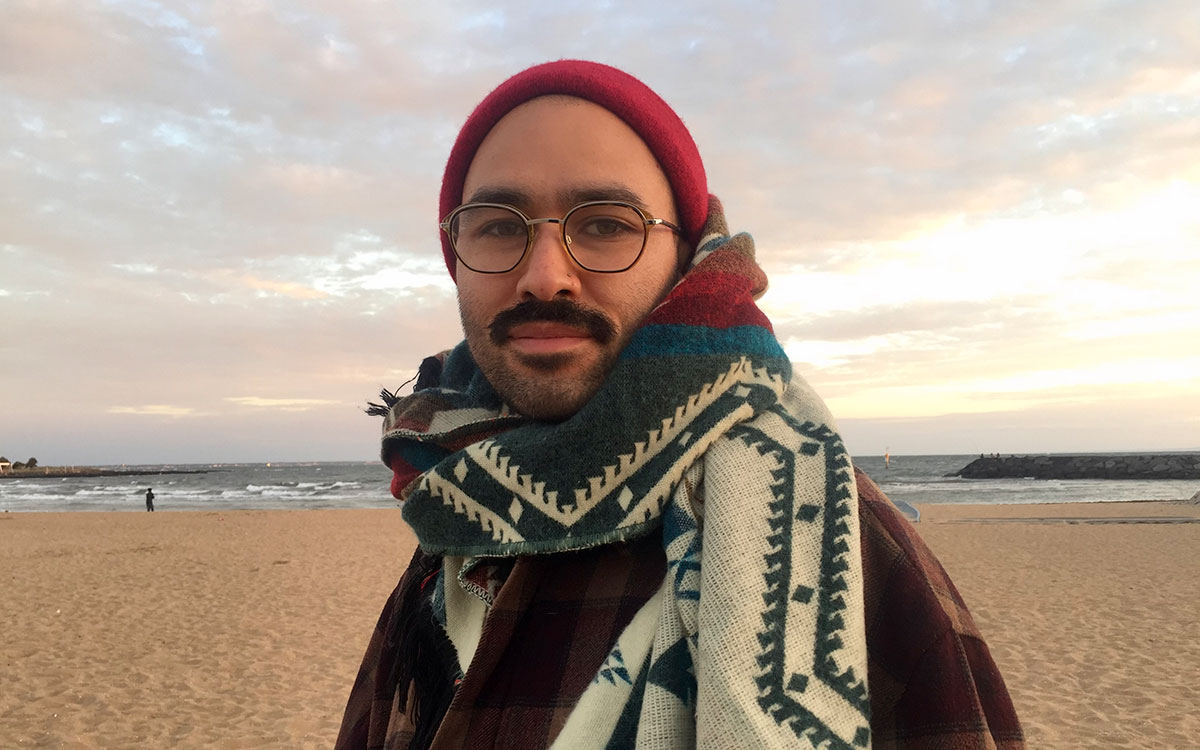
Understanding culture as a site of resistance, Juan-Camilo Riaño-Rodriguez is interested in how communities of the global majority manifest decolonial aesthetics. He is interested in how these reimagined aesthetics support cultural strengthening, communality and ecologies of knowledge grounded in their historical and cultural contexts.
During the residency, Riaño-Rodriguez will work with young artists and cultural producers in Singapore to understand how they are decentring access by creating self-determined spaces to conceptualise and develop alternative ways of knowing, doing, being and enunciating using theatre and performance arts.
Collaborating with Teater Ekamatra, Riaño-Rodriguez will explore how young artists are re-imagining futures through participatory theatre, and how this might foster communality and cultural strengthening for their communities in Singapore. He will also explore how arts organisations and cultural producers in Singapore might be de-centring Western conceptualisations of aesthetics in their work with these communities.
Juan-Camilo Riaño-Rodriguez is a PhD candidate and early career scholar born in Colombia and living in Naarm, Melbourne, Australia. His interests are in critical community psychology and its intersections with performance arts, community arts and decolonial aesthetics. Grounded in theories of liberation psychology and decolonial thinking, his research delves into art-based methodologies and psycho-social accompaniment. Through collaborative research with young artists at Western Edge in Naarm, he is currently exploring the intersection of critical community psychology and cultural development, specifically the role art practice has in dismantling the psycho-social vestiges of coloniality and opening pathways to Other praxis, epistemologies and ontologies. Riaño-Rodriguez is part of the Community Identity and Displacement Research network (CIDRN).
Become a member

Great arts experiences begin with Esplanade&Me. Join this membership to enjoy ticket specials on shows at Esplanade, early bird specials, promotions at Esplanade Mall, unlimited access to Offstage and more.


